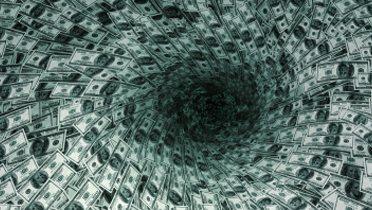The recent slowdown in U.S. health spending still is not fully understood. Is it a sign of lasting change to the workings of the U.S. health system? Or is it a transitory result of a very severe recession? Recent research makes clear that the Great Recession was an important factor. In work Sheiner presented at the American Economic Association meetings (slides and preliminary paper), she focused on the channels through which the business cycle can affect health spending.
Health spending may fall during recessions because people choose to spend less on health care, because insurance policies become less generous, because providers cut back on investments, and because states facing budgetary pressure cut back on Medicaid and other health programs. These are all demand-side channels.
But there may be supply-side channels as well. As households face financial difficulties, the supply of labor in the health-care industry may increase. For example, a nurse might choose to work more hours if a spouse loses a job. And this might lead to lower wages in the health industry, which could translate into lower health spending.
Sheiner’s paper, still preliminary, shows that both demand-side and supply-side channels appear important. Looking at both national data and state-level data, she shows that lower income translates into less health spending, and that employment in the health sector increases during recessions but wages fall. The goal is to get a better understanding of the separate contributions of supply-side and demand-side factors in explaining the health spending slowdown.
The Brookings Institution is committed to quality, independence, and impact.
We are supported by a diverse array of funders. In line with our values and policies, each Brookings publication represents the sole views of its author(s).




